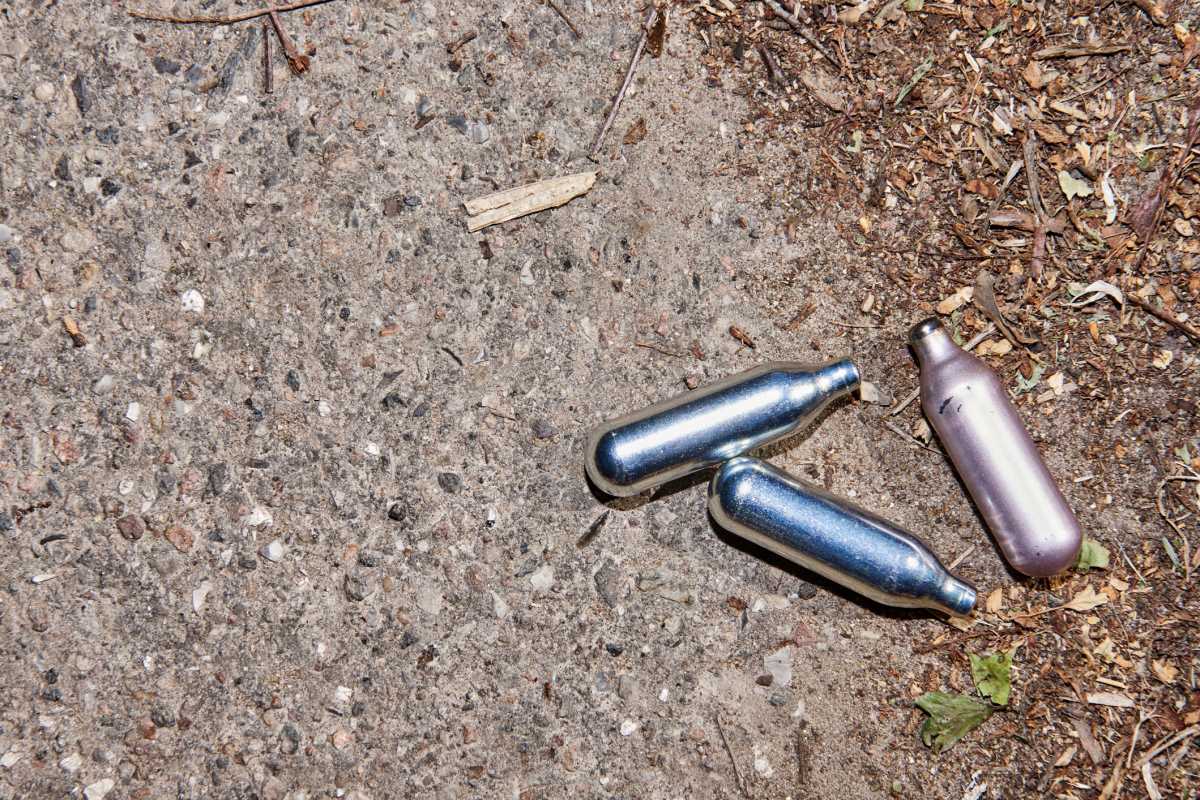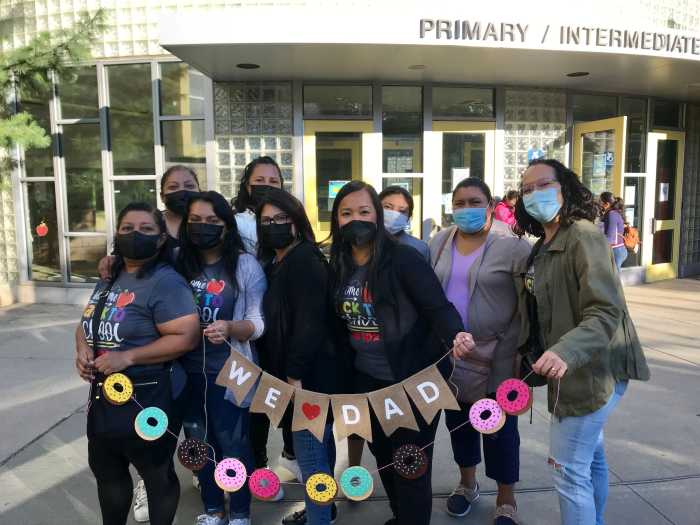The law state Senator Joseph Addabbo Jr. drafted to prohibit the sale of whipped cream chargers to people under the age of 21 goes into effect this month.
The law, which officially goes into effect on Nov. 25, attempts to limit young people’s accessibility to “whippits,” a form of inhalant drug found in common household items like whipped cream aerosols.
Addabbo said that this issue became apparent after receiving complaints from constituents about empty canisters on the streets.
“This new law is an important step in combatting a significant problem for many neighborhoods throughout my district,” Addabbo said. “Used whippits piling up in our communities are not only an eyesore but also indicative of a significant nitrous oxide abuse problem. This law will help to protect our youth from the dangers of this lethal chemical while helping to clean up our neighborhoods.”
Nitrous oxide, also referred to as “laughing gas,” is used in dental offices to relieve pain but is a highly addictive inhalant also misused for its euphoric effects. Sniffing highly concentrated amounts is highly dangerous and can result in death within just minutes of use. It can also cause irreversible hearing loss, central nervous system and brain damage, as well as bone marrow damage.
Whipped cream canisters are legally sold for home uses but have become one of the easiest ways for young people to get high. According to the National Institute on Drug Abuse, this type of drug is one of the easiest options for drug abuse among young children.
The bill was sponsored in the Assembly by Queens Assemblywoman Stacey Pheffer Amato.
“Our bill will greatly improve the quality of life throughout our state by removing the unused whipped cream canisters from our streets and prevent their dangerous misuse — especially among our youth,” Amato said. “I am grateful to Addabbo for his leadership in the Senate to get this bill passed, and look forward to all the positive impacts this bill will have.”
Initial violations of this law will result in a civil penalty of up to $250 and up to $500 for each subsequent offense.




































